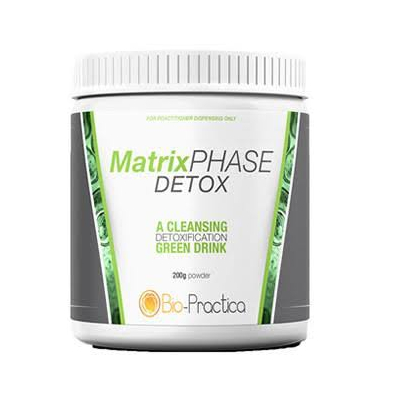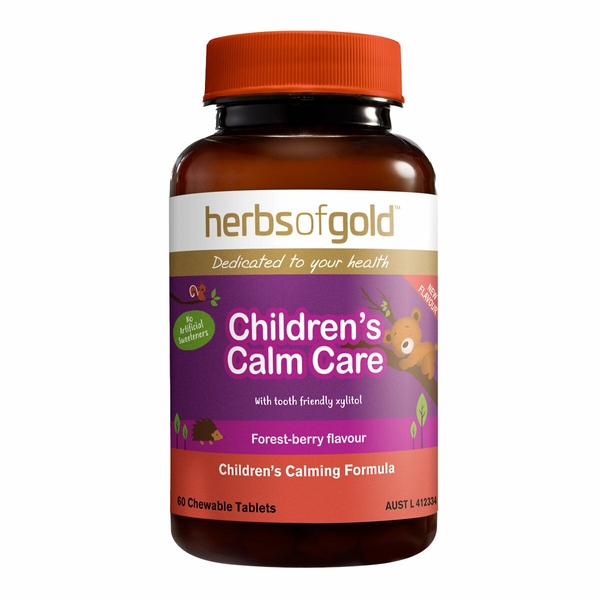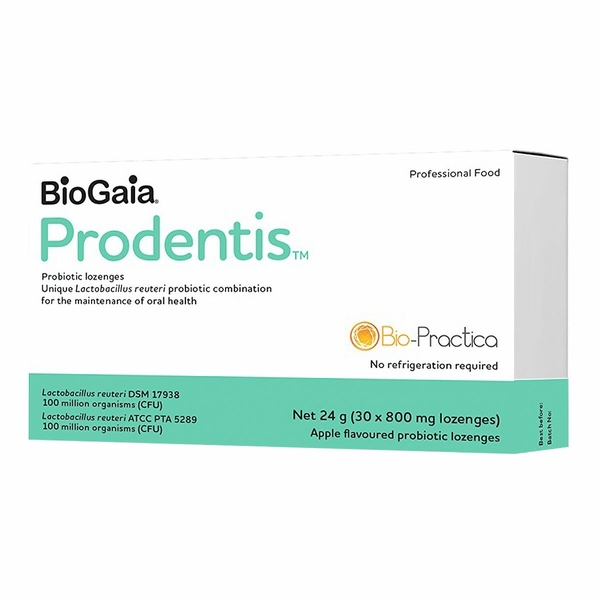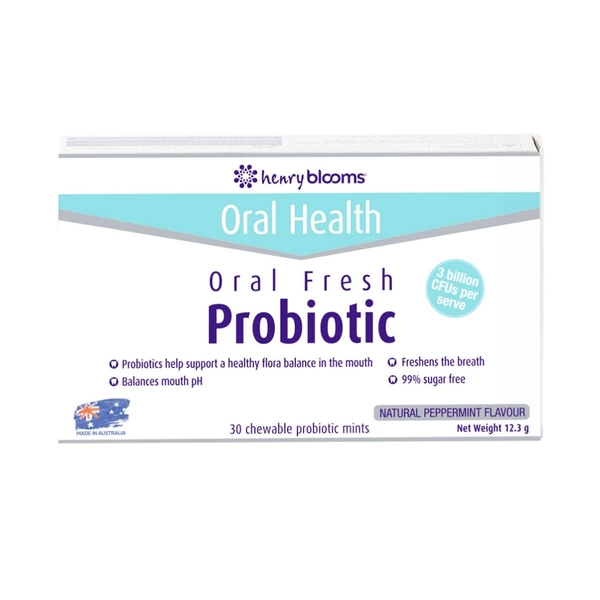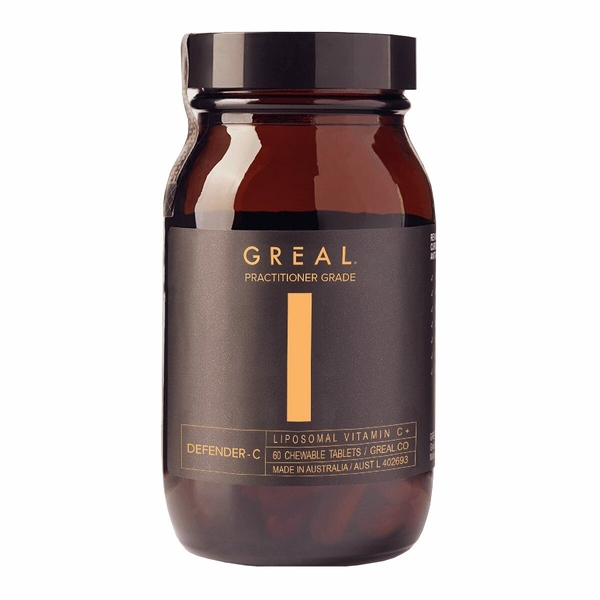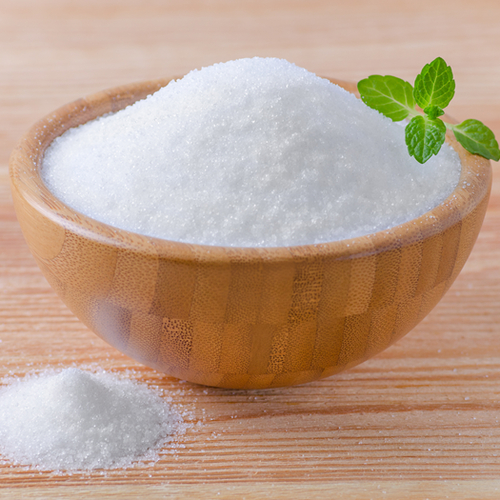
Xylitol
Scientific names: Xylitol, Xylo-pentane-1,2,3,4,5-pentol
Alternate names: Birch Sugar, E967, Meso-Xylitol, Méso-Xylitol, Sucre de Bouleau, Xilitol, Xylit, Xylite
Background
Xylitol is a natural sugar alcohol found in plants, including many fruits and vegetables. It has a sweet taste and is often used as a sugar substitute.
Xylitol tastes sweet but, unlike sugar, it doesn't cause tooth decay. It reduces levels of decay-causing bacteria in saliva and also acts against some bacteria that cause ear infections. It's widely used in "sugar-free" chewing gums, mints, and other candies.
In the US, products that contain xylitol are allowed to state that they reduce the risk for cavities. People also use xylitol to prevent tooth plaque, ear infection, dry mouth, and many other conditions, but there is no good scientific evidence to support most of these uses.
Xylitol can be toxic to dogs. If your dog eats a product that contains xylitol, take them to a veterinarian immediately.
Xylitol tastes sweet but, unlike sugar, it doesn't cause tooth decay. It reduces levels of decay-causing bacteria in saliva and also acts against some bacteria that cause ear infections. It's widely used in "sugar-free" chewing gums, mints, and other candies.
In the US, products that contain xylitol are allowed to state that they reduce the risk for cavities. People also use xylitol to prevent tooth plaque, ear infection, dry mouth, and many other conditions, but there is no good scientific evidence to support most of these uses.
Xylitol can be toxic to dogs. If your dog eats a product that contains xylitol, take them to a veterinarian immediately.
Safety Safety definitions
When taken by mouth: Xylitol is commonly consumed in foods. It is possibly safe when used in chewing gums, candies, lozenges, toothpastes, and mouth rinses in amounts up to about 50 grams daily. It might cause diarrhea and gas in some people.
Taking high doses of xylitol is possibly unsafe. Using very high doses long-term might cause tumors.
When used as a rinse in the nose: Xylitol is possibly safe when mixed in water to clear the sinuses.
Children: Xylitol is possibly safe when taken by mouth in amounts up to 20 grams daily for up to three years.
Heart disease: High levels of xylitol in the blood might increase the risk of a heart or blood vessel problem like a heart attack or stroke. But there isn't enough reliable information to say whether eating more xylitol increases the risk of heart or blood vessel problems.
Taking high doses of xylitol is possibly unsafe. Using very high doses long-term might cause tumors.
When used as a rinse in the nose: Xylitol is possibly safe when mixed in water to clear the sinuses.
Special Precautions & Warnings:
Pregnancy and breast-feeding: Xylitol is commonly consumed in foods. There isn't enough reliable information to know if xylitol is safe to use as medicine when pregnant or breast-feeding. Stay on the safe side and stick to food amounts.Children: Xylitol is possibly safe when taken by mouth in amounts up to 20 grams daily for up to three years.
Heart disease: High levels of xylitol in the blood might increase the risk of a heart or blood vessel problem like a heart attack or stroke. But there isn't enough reliable information to say whether eating more xylitol increases the risk of heart or blood vessel problems.
Effectiveness
NatMed Pro rates effectiveness based on scientific evidence according to the following scale: Effective, Likely Effective, Possibly Effective, Possibly Ineffective, Likely Ineffective, Ineffective, and Insufficient Evidence to Rate.
Likely effective Effectiveness definitions
- Cavities. Using xylitol-containing products in the mouth, such as chewing gum, candies, and toothpaste, reduces the risk for cavities in adults and children 5 years and older. It's unclear if it helps prevent cavities in children younger than 5 years old.
Possibly effective Effectiveness definitions
- Ear infection (otitis media). Giving xylitol-containing products such as a chewing gum, lozenges, or syrups daily after meals to preschool children seems to reduce the risk for ear infections. But giving xylitol right after a respiratory infection has started doesn't seem to prevent ear infections.
Dosing & administration
Xylitol is available in many different types of products, including chewing gum, lozenges, mouth rinses, dental wipes, toothpastes, and nasal irrigation solutions. Speak with a healthcare provider to find out what type of product and dose might be best for a specific condition.
Interactions with pharmaceuticals
It is not known if Xylitol interacts with any medicines. Before taking Xylitol, talk with your healthcare professional if you take any medications.
Interactions with herbs & supplements
There are no known interactions with herbs and supplements.
Interactions with foods
There are no known interactions with foods.
Products
View all productsPer 7 g:
- Xylitol
- Arthrospira platensis (Spirulina) 643 mg
- Brassica oleracea var. italica powder 100 mg
- Silybum marianum ext. 500 mg
- Schisandra chinensis ext. 200 mg
- Cynara scolymus ext. 800 mg
- Hordeum vulgare 883 mg
- Chlorella pyrenoidosa powder 100 mg
- Rosmarinus officinalis ext. 50 mg
- Coriandrum sativum powder 50 mg
- Galium aparine ext. 160 mg
- L-glutamine 800 mg
- Trimethylglycine (TMG) 300 mg
- Methylsulfonylmethane (MSM) 100 mg
- Calcium D-glucarate 100 mg
- Taurine 60 mg
- L-cysteine 50 mg
- Ascorbic acid (Vitamin C) 80 mg
- Magnesium citrate 8 mg
- Zinc citrate 5 mg
- R-alpha lipoic acid 25 mg
- Apple pectin 320 mg
- Natural lemon lime flavour
- Glycine
- Stevia rebaubiana
- Citric acid anhydrous
Practitioner product
RRP: $37.50$30.00Save: 20%
Create account
Practitioner product
Per tablet (Peppermint):
- Xylitol
- Mentha x piperita powder
- Lactobacillus acidophilus
- Lactobacillus paracasei
- Streptococcus thermophilus
- Magnesium stearate
- Silica - colloidal anhydrous
- Thaumatin
- Mannitol
- Polyvinylpyrrolidone (Povidone)
RRP: $22.45$16.84Save: 25%
OOS at supplier
Create account
return unknown
Per tablet:
- Xylitol
- Sodium ascorbate (Vitamin C) 565.68 mg equiv. ascorbic acid 500 mg
- Ascorbic acid (Vitamin C) 500 mg
- Natural orange flavour
- Siraitia grosvenorii (Monk fruit)
$65.00
Create account
vital.ly has licensed monographs from TRC Healthcare.
This monograph was last reviewed on 04/07/2024 10:00:00 and last updated on 18/08/2020 01:34:42. Monographs are reviewed and/or updated multiple times per month and at least once per year.
Natural Medicines disclaims any responsibility related to medical consequences of using any medical product. Effort is made to ensure that the information contained in this monograph is accurate at the time it was published. Consumers and medical professionals who consult this monograph are cautioned that any medical or product related decision is the sole responsibility of the consumer and/or the health care professional. A legal License Agreement sets limitations on downloading, storing, or printing content from this Database. No reproduction of this monograph or any content from this Database is permitted without written permission from the publisher. It is unlawful to download, store, or distribute content from this site.

